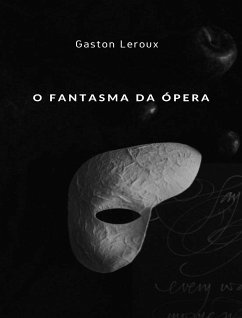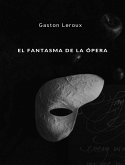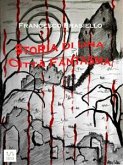- Esta edição é única;
- A tradução é completamente original e foi realizada para a Ale. Mar. SAS;
- Todos os direitos reservados.
O Fantasma da Ópera é uma obra de ficção gótica do autor francês Gaston Leroux. É a história da casa de ópera Palais Garnier, que se acredita ser assombrada por um fantasma. Uma jovem soprano, Christine Daae, surpreende a todos com sua apresentação em uma noite, e o Fantasma da Ópera fica obcecado por ela. Os gerentes da casa de ópera recebem uma carta solicitando que Christine desempenhe o papel principal na produção de Fausto. A carta é ignorada, com consequências terríveis. O Fantasma sequestra Christine e se revela como um homem desfigurado (Erik) que construiu um covil na casa de ópera, com passagens ocultas.
Hinweis: Dieser Artikel kann nur an eine deutsche Lieferadresse ausgeliefert werden.
- A tradução é completamente original e foi realizada para a Ale. Mar. SAS;
- Todos os direitos reservados.
O Fantasma da Ópera é uma obra de ficção gótica do autor francês Gaston Leroux. É a história da casa de ópera Palais Garnier, que se acredita ser assombrada por um fantasma. Uma jovem soprano, Christine Daae, surpreende a todos com sua apresentação em uma noite, e o Fantasma da Ópera fica obcecado por ela. Os gerentes da casa de ópera recebem uma carta solicitando que Christine desempenhe o papel principal na produção de Fausto. A carta é ignorada, com consequências terríveis. O Fantasma sequestra Christine e se revela como um homem desfigurado (Erik) que construiu um covil na casa de ópera, com passagens ocultas.
Hinweis: Dieser Artikel kann nur an eine deutsche Lieferadresse ausgeliefert werden.









